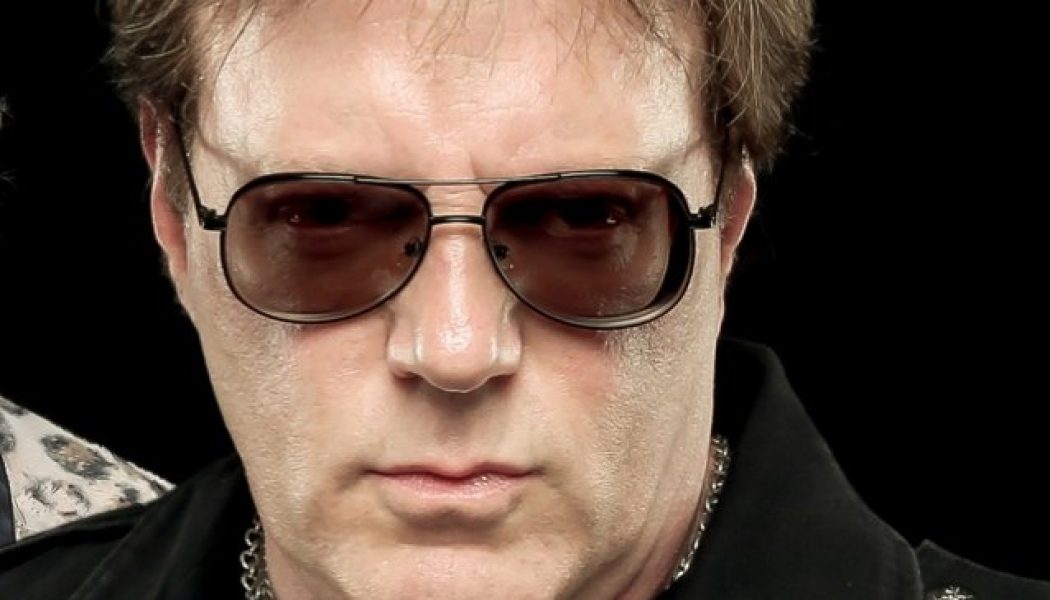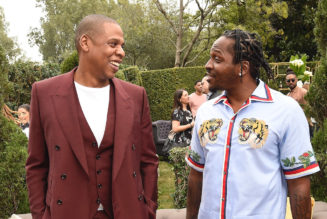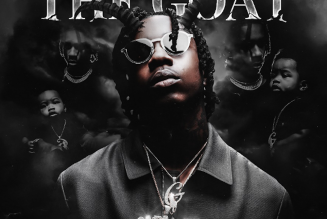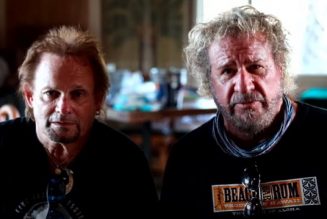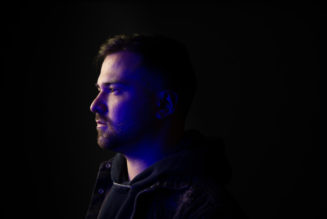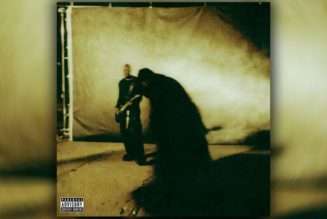
TWISTED SISTER guitarist Jay Jay French has spoken out against “cancel culture,” saying it is not “healthy” for activists to threaten and intimidate companies into altering or discontinuing certain products, preventing everyone from having access to them.
Cancel culture is the idea that someone, usually a celebrity or a public figure, whose ideas or comments are considered offensive should be boycotted. These people are ostracized and shunned by former friends, followers and supporters alike, leading to declines in any careers and fanbase the individual may have at any given time.
Jay Jay addressed the fact that the current trend of canceling people and companies has gotten out of hand during a new interview with Rocking With Jam Man. Speaking about the fact that Marilyn Manson was recently accused by several women of abuse and assault, including “Westworld” actress Evan Rachel Wood, who claimed in a social media post that Manson “groomed” and “horrifically” abused her for years, the guitarist said (as transcribed by BLABBERMOUTH.NET): “Michael Jackson got accused of some pretty bad stuff, but Michael Jackson music is still being played. So, obviously, somebody decided that that was okay; someone decided that’s not gonna bother people. And yet other people’s music has been taken off. [Former pop star] Gary Glitter played in all the arenas around the country — baseball stadiums, football stadiums, everything. But then Gary Glitter got arrested for some weird stuff he did in Thailand with underage children and got banned everywhere. When I say ‘banned,’ I just mean the people said, ‘We’re not gonna play his music anywhere,’ so they don’t play his music. And I am in no way endorsing in any manner, way, shape or form his actions. What I’m saying is that that is a byproduct of what happens in life in general. And it’s terrible.”
He continued: “Cancel culture is not a healthy thing. Cancel culture is not healthy, because it just depends on who decides to do the canceling. So if they like TWISTED SISTER, we don’t get canceled, we are okay, but if they hate TWISTED SISTER and they cancel us, it’s not okay, so therefore it’s not okay just to do it randomly. It’s a personal choice. If you don’t wanna buy something by somebody, don’t buy it, but for the media to withhold it is opening up a can of worms that is almost impossible to put back in the jar.”
French is not the first rock musician to speak out against cancel culture. Earlier this month, his TWISTED SISTER bandmate Dee Snider, who was famously called to testify before the U.S. Senate against the proposition to have warning labels be placed on albums deemed “offensive” to listeners, said that “censorship has changed quite a bit” over the last few decades. “Now censorship still exists, but it’s gone from the right more to the left,” he told NewsNation‘s “Banfield”. “We’re in this P.C. world where we have to be careful about what we say and who we offend, and it’s a very odd thing.”
Dee previously spoke about political correctness last year when he told Canada’s The Metal Voice that a movie like “Blazing Saddles”, the 1974 American satirical Western black comedy film directed by Mel Brooks “could not be made today — it literally could not be made, because it would offend too many people.”
While “cancel culture” may be a recent phenomenon, public scapegoating, shaming and silencing tactics are not. Republicans have for a long time used the phrase “cancel culture” to criticize the left, even though there’s a long list of supposedly left-leaning associates who have been targeted or boycotted by conservatives, including Colin Kaepernick, Nike, Campbell’s Soup, THE DIXIE CHICKS and Kathy Griffin.
